

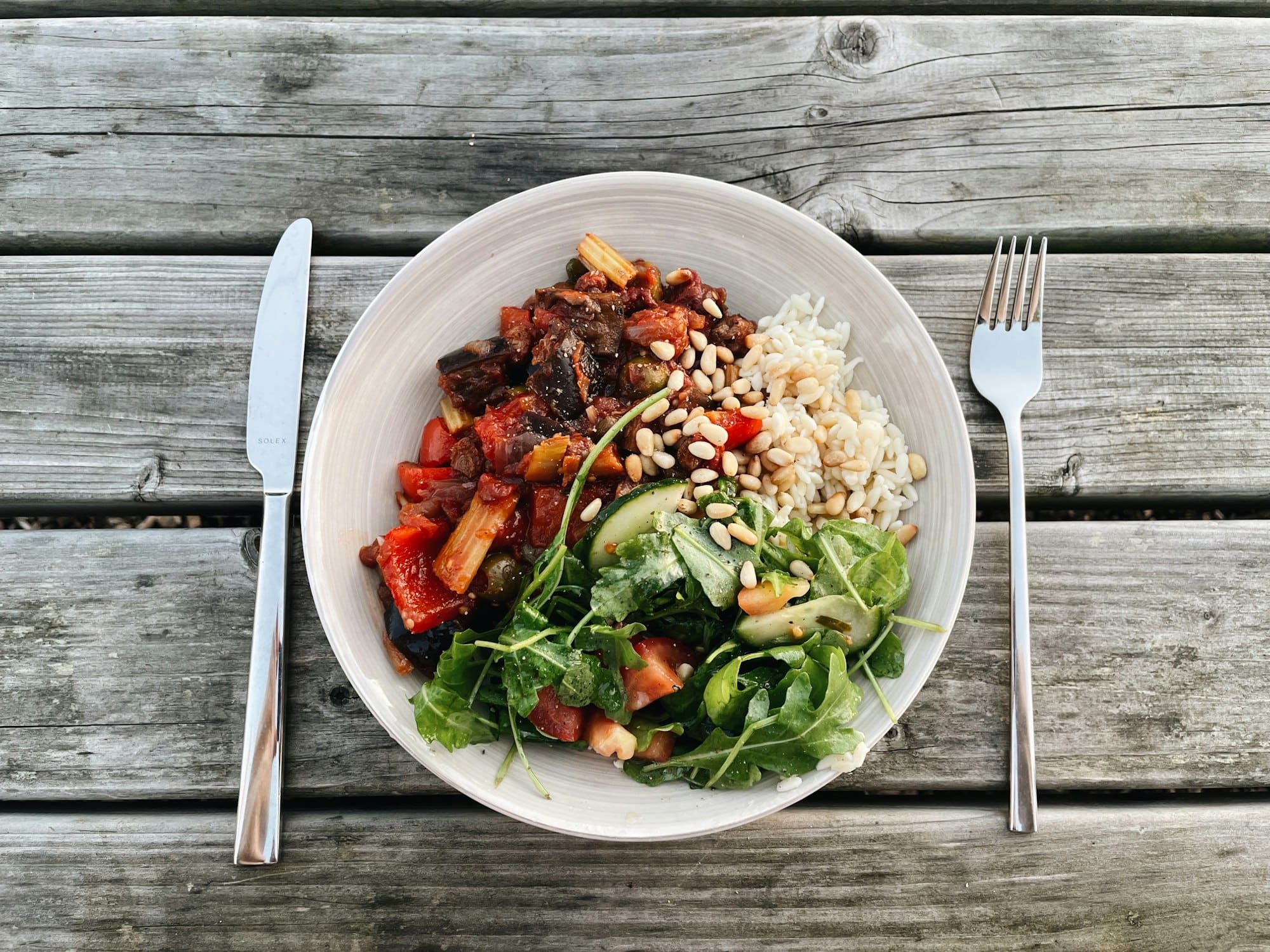
Are you curious about the buzz surrounding plant-based diets? You’re not alone. More people are exploring the benefits of shifting towards a diet rich in fruits, vegetables, grains, and legumes. This lifestyle choice is not just a trend—it’s a healthful way of living with numerous benefits for your body and the planet.
“The food you eat can be either the safest and most powerful form of medicine or the slowest form of poison.” – Ann Wigmore
From enhanced energy levels to a reduced risk of chronic diseases, embracing a plant-based diet can transform your life in remarkable ways. But how do you make such a significant change? Don’t worry, we’ve got you covered. Let’s explore the myriad benefits and practical steps to help you transition smoothly to a plant-based diet.
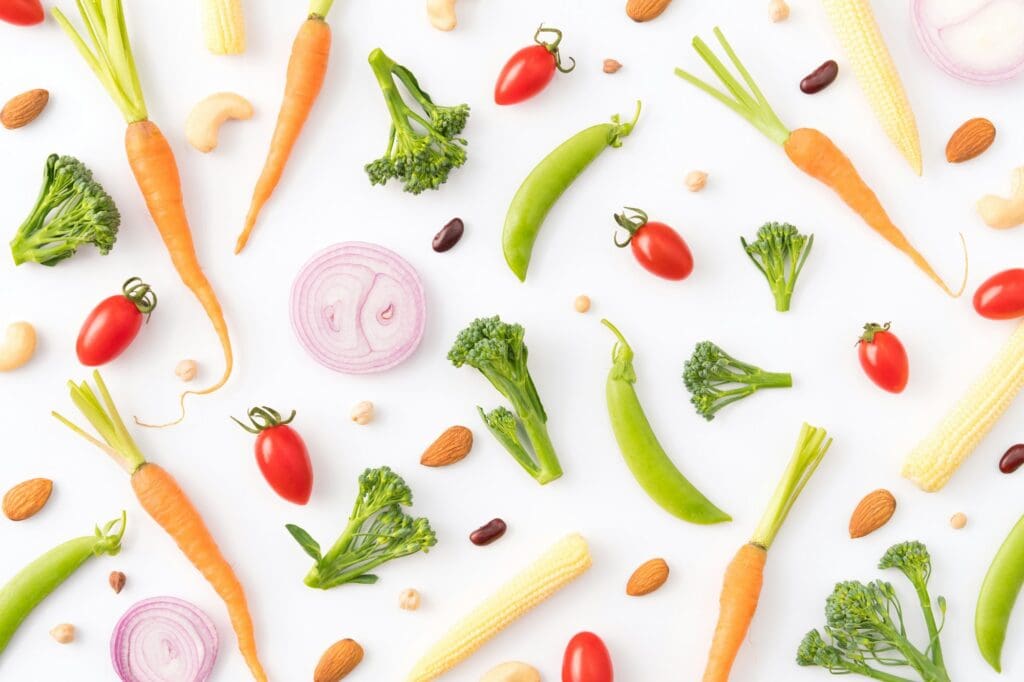
A plant-based diet emphasizes foods derived from plants, including not only fruits and vegetables but also nuts, seeds, oils, whole grains, legumes, and beans.
While it doesn’t necessarily exclude meat or animal products entirely, the key is to choose more foods that come from plant sources.
This approach doesn’t mean you have to become a vegetarian or vegan. Instead, it’s about making plant foods the central part of your meals.
Whether you swap out your usual steak for a hearty lentil stew or start your day with a whole grain breakfast, a plant-based diet is flexible and can be tailored to suit your lifestyle and preferences.
By focusing on nutrient-dense, whole foods, you can enjoy a diverse array of flavors and textures. It’s not just about salads and smoothies; think flavorful curries, robust grain bowls, and satisfying soups.
The beauty of plant-based eating lies in its variety and the endless possibilities it offers for delicious, wholesome meals.
In recent years, the plant-based diet has garnered considerable attention from both the scientific community and the public. It’s not just a passing trend but a lifestyle choice backed by an increasing body of research.
From improved heart health to better weight management, embracing a plant-based diet could offer you a plethora of health benefits. Let’s explore how making the switch can enhance your overall well-being.
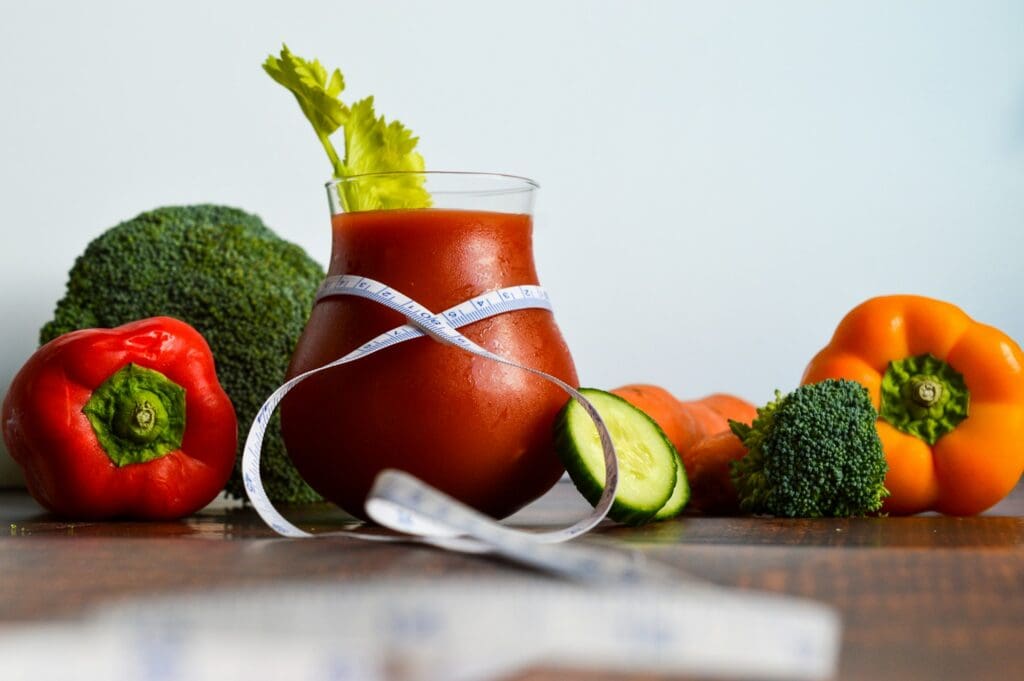
Embarking on a plant-based diet might feel overwhelming at first, but it doesn’t have to be. By making small, manageable changes to your daily habits, you can transition smoothly and enjoyably.
Whether you’re looking to improve your health, live more sustainably, or simply explore new culinary horizons, this guide will help you kickstart your plant-based journey with confidence and ease.
1. Eat Plenty of Vegetables: Make vegetables the star of your meals. Incorporate a variety of greens, like spinach, kale, and broccoli, to ensure you get a diverse range of nutrients.
2. Rethink Your Proteins: Instead of focusing on meat, explore protein-rich plant foods such as beans, lentils, tofu, and tempeh. These are versatile and can be used in many delicious recipes.
3. Choose Good Fats: Include healthy fats from sources like olive oil, nuts, seeds, and avocados. These not only enhance flavors but are also essential for your body’s functions.
4. Start with Familiar Recipes: Transitioning can be easier with recipes you already know and love. Try modifying your favorite dishes using plant-based ingredients.
5. Plan Meatless Meals: Begin by integrating meatless meals into your routine, like “Meatless Mondays.” Gradually increase their frequency as you get more comfortable.
6. Go Whole with Grains: Make whole grains like quinoa, barley, and brown rice a regular part of your breakfasts and main courses. They’re filling and nutrient-dense.
7. Build Around Salads: Create nutrient-packed meals that center on hearty salads with a mix of greens, veggies, nuts, and seeds. Top with a delicious, homemade dressing for added flavor.
8. Opt for Fruit-based Desserts: Swap out sugary desserts for naturally sweet options like fresh fruits, smoothies, or fruit-based sorbets. These satisfy your sweet tooth healthily.
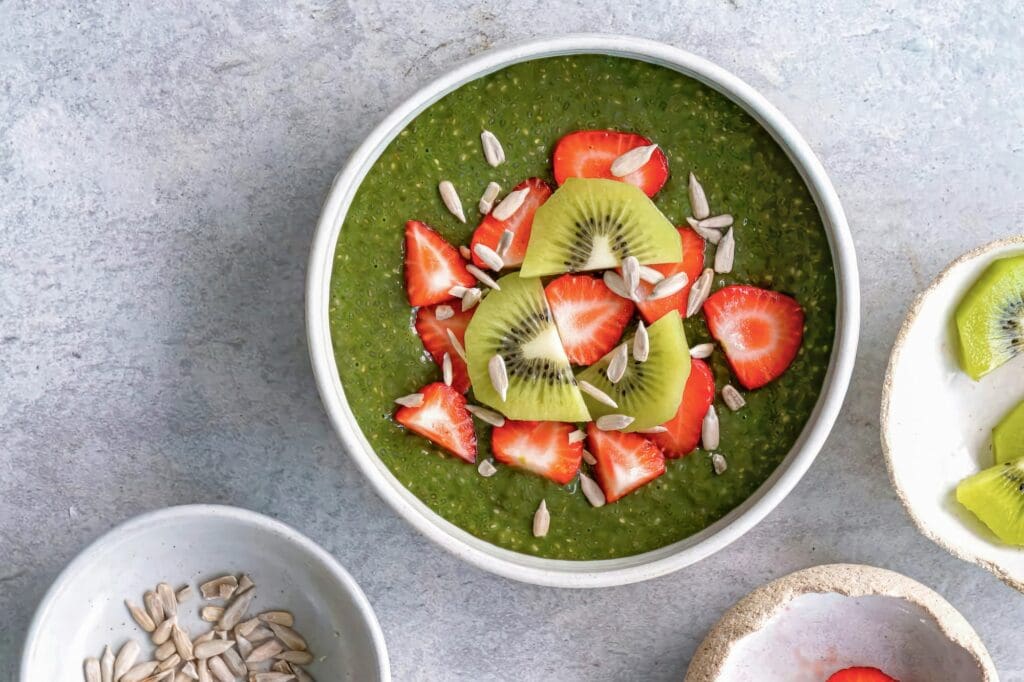
Transitioning to a plant-based diet can seem overwhelming, but with a few practical tips, it becomes a rewarding journey towards better health. Whether you’re taking small steps or making big changes, having a strategy can make the process smoother. Here are some essential tips to help you confidently embrace this new lifestyle.
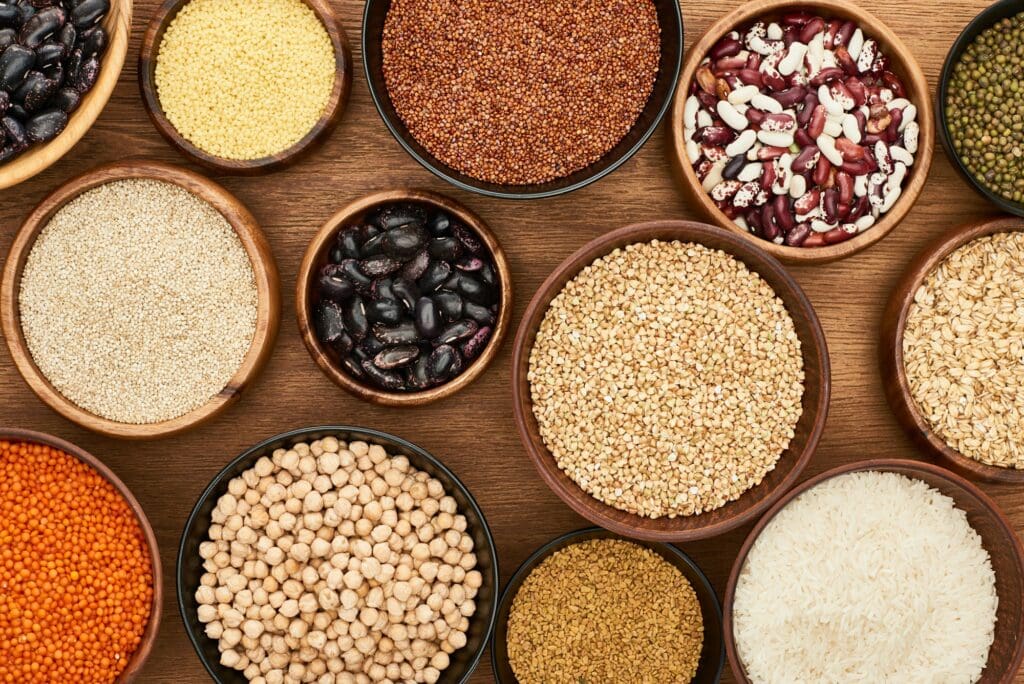
Myth:
Fact:
Are you looking to sustain your plant-based journey for the long haul? Building a consistent, enjoyable plant-based lifestyle requires more than just initial enthusiasm.
Whether you’re a beginner or you’ve been on this path for a while, long-term success in maintaining a plant-based diet involves setting realistic goals, staying informed, and continually exploring new flavors and recipes. This section will provide you with strategies to help you thrive on a plant-based diet for years to come.
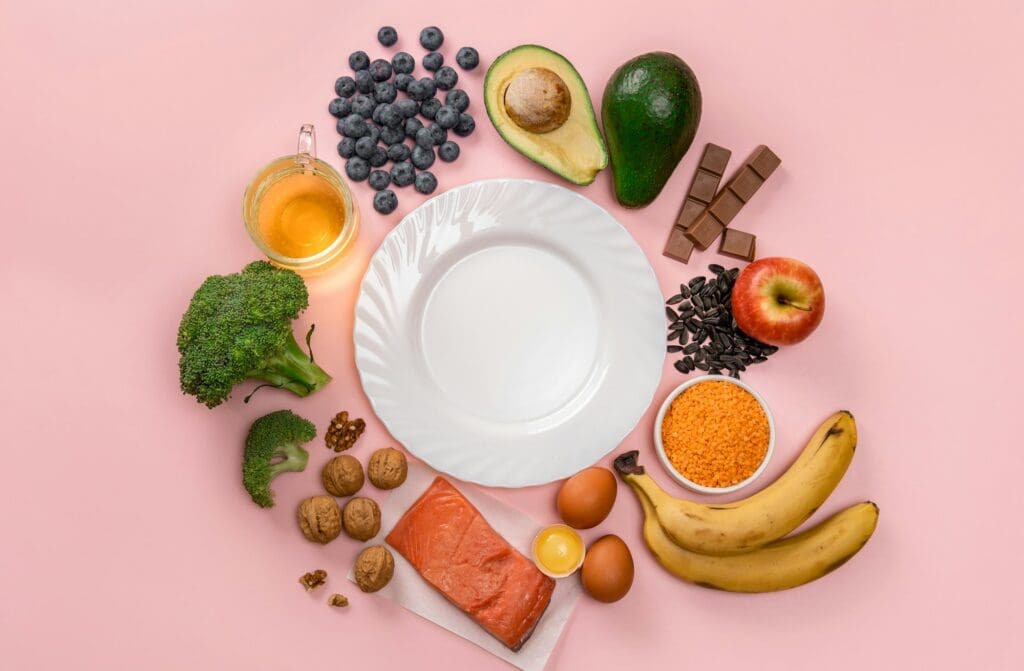
Absolutely, a plant-based diet can be a game-changer for weight loss. Since plant-based foods tend to be lower in calories and high in fiber, you can feel fuller on fewer calories.
Several studies support the idea that those following plant-based diets often have lower BMIs and improved insulin resistance. If you’re looking to shed some pounds, incorporating more plants into your meals could be a highly effective strategy.
Transitioning to a plant-based diet is a journey worth embarking on, and it doesn’t have to be overwhelming. Start simple by making small, gradual changes to your meals.
Begin by incorporating more vegetables into your daily diet. For instance, add a serving of leafy greens like spinach or kale to your lunch and dinner plates.
Swap out meat for plant-based alternatives such as beans, lentils, or tofu in familiar recipes. Experiment with “Meatless Mondays” to ease into the habit of meat-free meals one day a week.
Change your mindset about meat. Consider it more as a side dish or occasional treat rather than the main event. Replace dairy milk with plant-based options like almond, soy, or oat milk. Focus on whole foods like fruits, vegetables, whole grains, nuts, and seeds, and make these the cornerstone of your diet.
Look for inspiration and recipes online to keep things exciting and diverse. Keep your pantry well-stocked with essentials such as quinoa, chickpeas, canned tomatoes, and a variety of nuts and seeds, making it easier to prepare nutritious meals.
Additionally, try to include whole grains in your breakfasts, like oatmeal or granola, which are delicious and pack a nutritional punch.
Building meals around salads or hearty vegetable soups and stews can be both satisfying and straightforward. For dessert, choose fresh fruits to maintain a sweet tooth without compromising your plant-based goals.
By making consistent, mindful choices and gradually integrating more plant-based foods into your diet, you’ll find the transition smoother and more sustainable.
Ensuring adequate protein intake on a plant-based diet involves being mindful of the types and combinations of foods you consume.
Diversifying your sources is key. Incorporate a variety of plant-based proteins such as beans, lentils, chickpeas, tofu, tempeh, and edamame into your meals. Whole grains like quinoa and bulgur, and seeds like chia and hemp, are also excellent protein sources.
Combining different protein sources can also help. For instance, enjoying rice with beans can provide a more complete amino acid profile. Don’t shy away from protein-rich vegetables as well, like broccoli, spinach, and Brussels sprouts.
For those with higher protein needs, like athletes, consider supplements such as pea protein powder or soy protein isolate, but try to get most of your protein from whole foods whenever possible.
Remember, it’s not just about the quantity but also the quality of protein. Aim for nutrient-dense, high-quality resources and keep your diet varied to cover the full spectrum of essential amino acids.
While there are numerous benefits to a plant-based diet, it’s important to be aware of potential drawbacks. Research has identified risks such as lower bone mineral density (BMD) and a higher fracture risk, especially among vegetarians.
Ensuring adequate intake of calcium and vitamin D is essential to mitigate this. Additionally, plant-based diets may sometimes fall short in providing specific nutrients like vitamin B12, iron, and omega-3 fatty acids.
However, these can be managed through mindful meal planning and supplementation if necessary. Moderation is key, as plant-based diets that include an excess of processed or sugary foods may not offer the same health benefits as those focused on whole, unprocessed ingredients.
When you’re in need of a quick and easy plant-based snack, there are plenty of delicious options that are both satisfying and nutritious. Here are a few ideas to get you started:
These options not only keep you full in between meals but also contribute to your daily nutrient intake. Enjoy experimenting and finding your favorites!
Embracing a plant-based diet can be a transformative journey for your health, the environment, and even your wallet. By focusing on whole, nutrient-dense foods, you’re setting yourself up for a lifestyle that promotes longevity and well-being.
From the initial stages of gradually eliminating animal products to fully stocking your pantry with vibrant plant-based ingredients, the steps are manageable and rewarding.
Remember, transitioning to a plant-based diet doesn’t have to be an all-or-nothing approach. Small, consistent changes can lead to sustainable habits over time. Stay curious, open-minded, and flexible as you explore the vast array of plant-based foods and recipes available to you.
If you encounter challenges along the way, know that you’re not alone. Resources, communities, and experts are out there ready to support you on this path towards a healthier and more compassionate lifestyle.
So why not take the first step today? Your body, the planet, and future generations will thank you.
For more insights, recipes, and tips on maintaining a plant-based lifestyle, don’t hesitate to explore the additional resources and expert advice provided throughout this guide. Happy eating!









